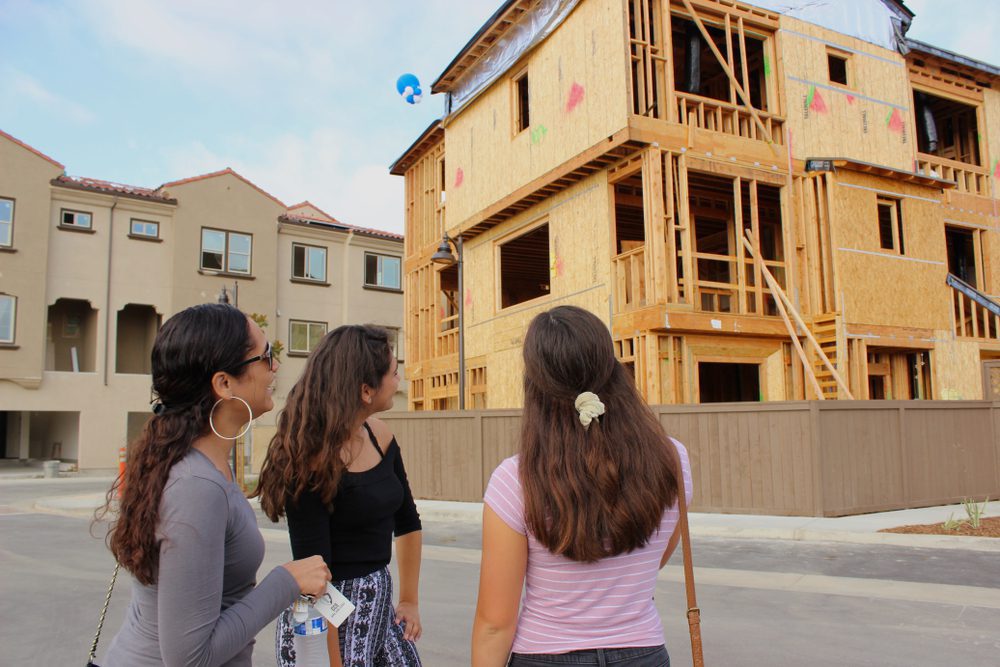Inflation’s Driven 18M Consumers to Give Up on Buying a New Home

Increasingly, having a room of one’s own — an affordable house or rental — feels out of reach.
In the most recent monthly PYMNTS gauge of consumer sentiment: “Rising Housing Costs Deflate Economic Optimism,” we found that the share of consumers who feel it is at least “somewhat possible” to buy a new house or to upgrade to a more expensive rental is on the wane.
The souring on housing prospects cuts across generations, spurred by a real estate market that, as marked over the past few years, could only be described as frenzied.
Homeownership is part of the American dream — a sign that a family is being provided for and that hard work, persistence and frugality have paid off. Homeownership is what helps forge communities, too. On the rental side of the equation, being able to “move on up” (to use a few words from an old sitcom’s theme song) can engender similar feelings of having “made it” to a new level of prosperity.
Out of Reach
As to the pressures in place, the number of Americans we surveyed who believe homeownership is possible for them dropped by approximately one-quarter this year.
Currently, 23% of non-owners think buying a house is within reach, yet 30% believed the same in January 2021.
The negative sentiment may have a significant impact on homebuying: 18 million people have given up on buying a home since the inflation spike began in January 2021.
Younger consumers keenly feel the impact. PYMNTS’ data finds that 30% of Generation Z respondents report living in an arrangement where they do not own the home or pay rent — such as with parents, relatives or friends.
Thirty-five percent of Gen Z consumers believed purchasing a home for themselves was within reach in 2021, while just 29% do now.
PYMNTS’ data reveals that upgrading to a better rental property also seems less possible than it did in 2021, with just 27% of renters now saying they think it is at least somewhat possible for them to upgrade to a more expensive place, down from 34% two years ago. More than one-third of renters say they are considering moving to a less expensive rental property to help save money — 35% in total. Get ready for some volatility, then, in the rental market.

The pressures of keeping up with mortgage payments or rent for those of us who do rent or own are dampening the ability to spend money elsewhere. Sixty percent of renters say their rental payments have a notably negative impact on their financial health; More than a third of mortgage owners say high housing costs have at least some negative impact on their financial well-being.